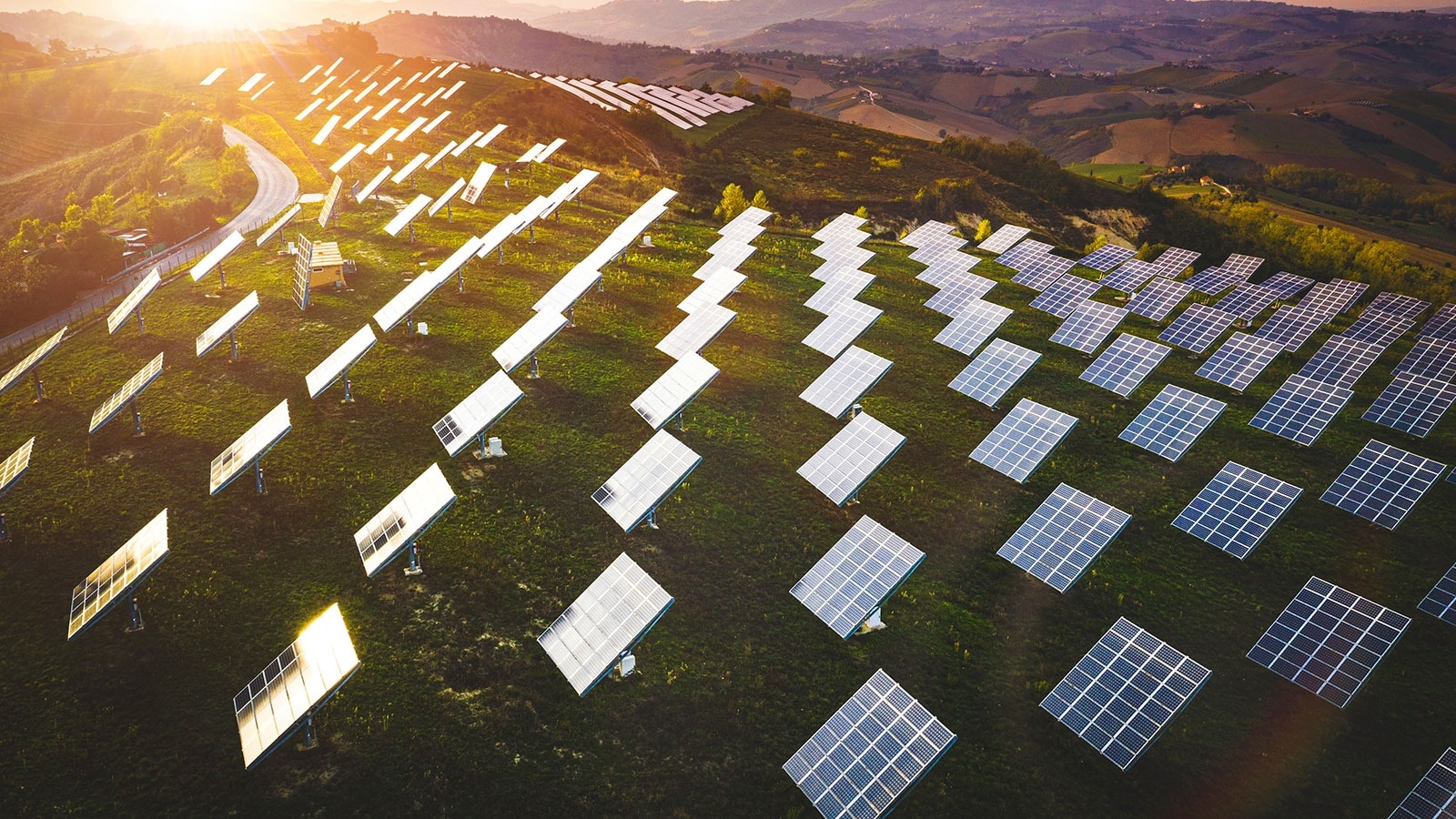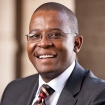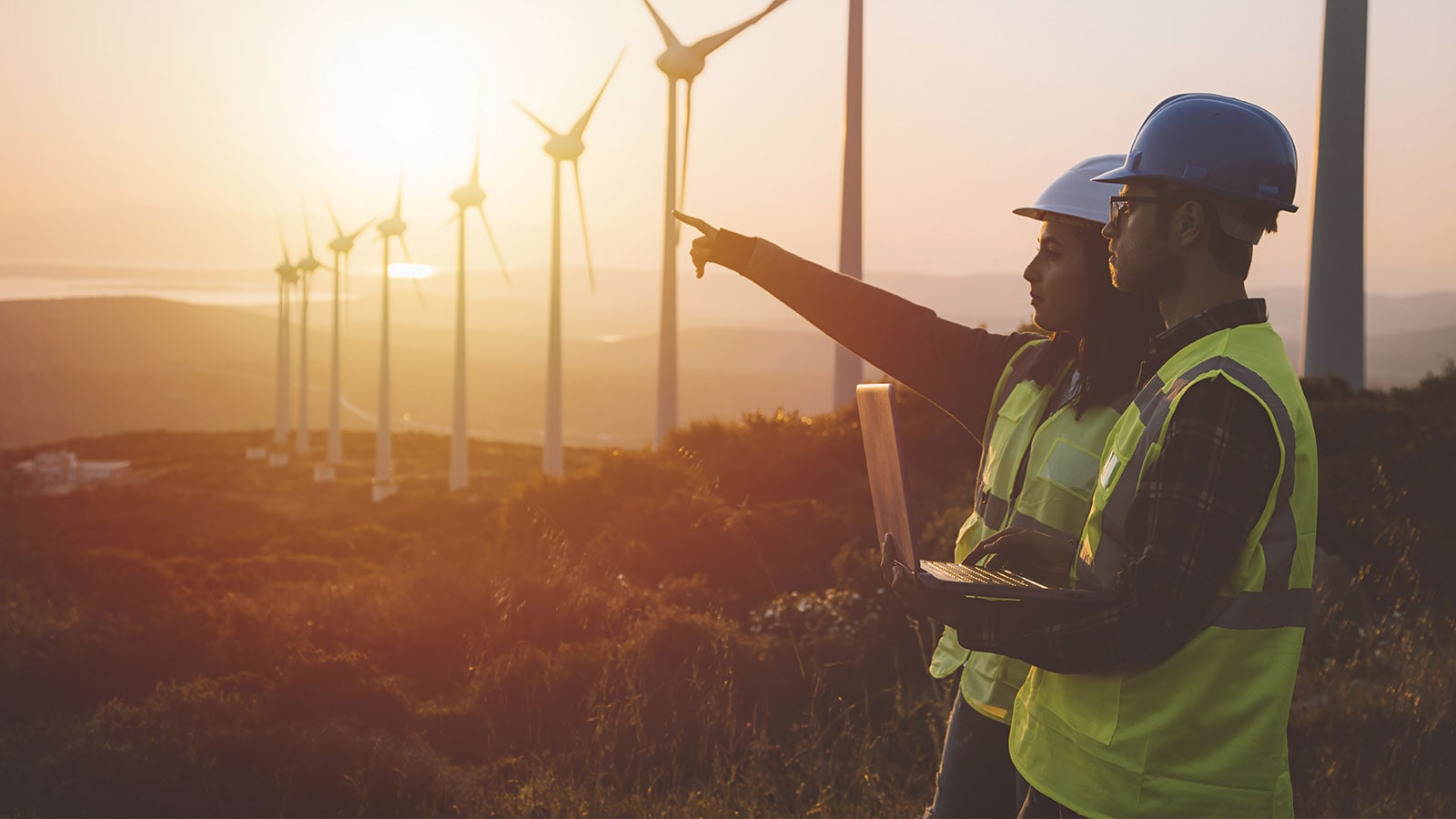Overview
In this report we analyse the sustainability response towards upskilling the workforce as a global imperative to enable the just transition. Sustainability initiatives have wide-scale reach and identifying new trends and innovations requires broad awareness from organisations.
As the world transitions to net zero, the role of traditional jobs is changing. As jobs become redundant, new jobs, which we refer to as ‘green’ and that align with or support net zero goals, are created. The transition to the green economy requires organisations to take a proactive and intentional approach towards developing a green workforce.

Three main categories of green jobs:
1. Green new and emerging: The transition to a sustainable economy is leading to the creation of new jobs with unique tasks and demands.
2. Green enhanced skills: The transition to a sustainable economy is significantly changing the tasks, skills and knowledge requirements.
3. Green increased demand: The transition to a sustainable economy has increased the demand for these occupations, but greening has not significantly changed the tasks or demand for workers. Such work supports green business but is indirectly considered green because it does not involve green tasks.
A holistic, data-driven approach is required to sustainably manage workforce risk, embrace diversity and inclusion and develop the green skills that will be needed to prepare for the future, today.
Contact us

Marthle du Plessis
Director | Workforce of the Future, PwC South Africa
Tel: +27 (0) 11 797 4075

Lullu Krugel
Chief Economist and Africa Sustainability Leader, PwC South Africa
Tel: +27 (0) 82 708 2330



Chantal van der Watt
Associate Director | Strategy& Sustainability, Climate Change and Integrated Reporting, PwC South Africa
Tel: +27 (0) 11 797 5541

Carla Greenland
Manager | Africa Workforce of the Future Campaign Lead, PwC South Africa
Tel: +27 (0) 11 797 5040

Associate | Energy strategy consultant, PwC South Africa
Tel: +27 (0) 11 797 4000






















